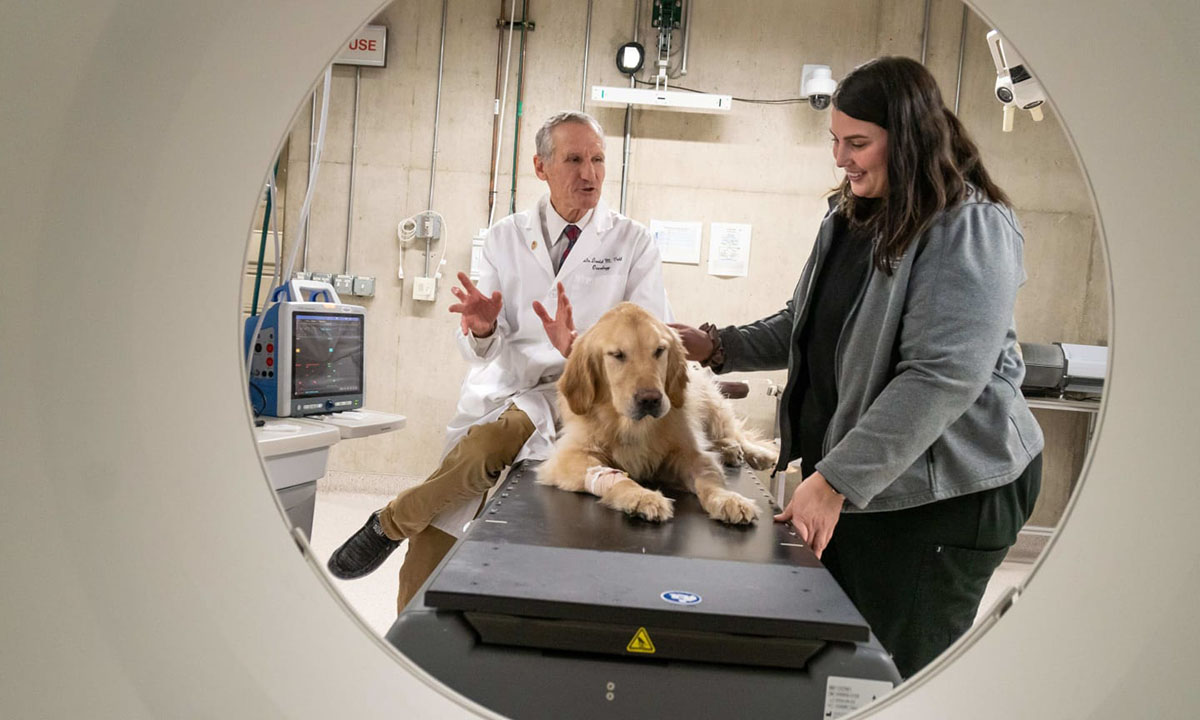Cancer research helps humans and pets
Comparative oncology seeks to investigate cancer diagnostics, treatments and prevention in all species in hopes that new technologies and treatments can be developed faster and translated into both the veterinary care of companion animals as well as preliminary data that can inform human clinical trials....














